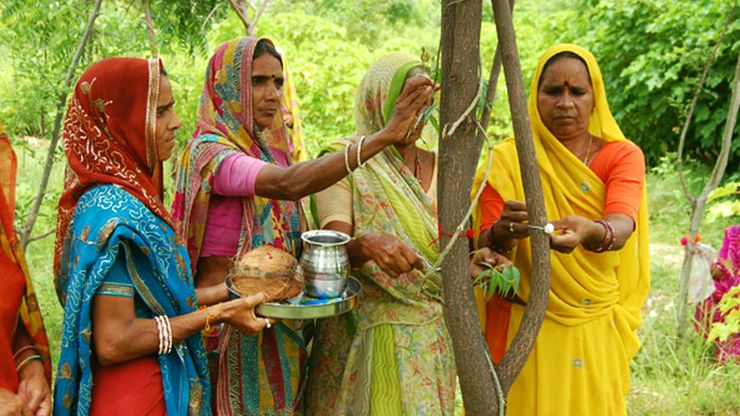Author: Nandini Sharma
As we observe International Labour Day, it is time to bring our attention to the most vulnerable and marginalised section of the labour population – women and girls. While the world moves rapidly toward innovation, automation, and digital transformation, it is crucial that we do not lose sight of the fundamental challenges that persist. Climate change, societal norms and social behaviours, inadequate support services and structures, increasing informalisation in supply chains, limited access to finance and higher education, and low financial asset ownership continue to hold women back from meaningful participation and recognition in the world of work.
Among the 17 UN Sustainable Development Goals (SDGs), the fifth one – SDG5: Achieve gender equality and empower all women and girls – is the most dismal performing indicator. This sentiment is well captured in the statement that at the current rate of progress, it will take another 286 years to reform legal frameworks to promote and enforce gender equality in public life. Given that SDG 5 encapsulates the socio-economic markers for almost half the population is deeply concerning, let alone that it will have far-reaching consequences on other SDGs.
It is a no-brainer that women’s empowerment is integral to a more equitable, sustainable, inclusive, and resilient society. Another important indicator is the Female Labour Force Participation (FLFP). As per the Economic Survey, the FLFP rate in India stood at 41.7% in FY2024, up from 23.3% in FY2019 – driven primarily by rural populations. Yet, the progress remains uneven. Women’s participation in the Indian corporate sector was pegged at 26.8% in 2024, with only 18% representation in leadership (Boards) roles.
As the world races ahead with ambitious targets of ‘sustainable development’, it is important to also shine the light on critical issues of mainstream sustainable discourse such as just transition, climate justice, and what it means for women. For instance, climate justice will take on several shades of complexity when there is gender inequality.

It is a well-established fact that the burden of climate change impacts falls disproportionately on rural women, who are primary responsibility bearers for ensuring food, water and fuel for the family. Gender inequality further exacerbates the situation and makes women even more susceptible to depravations, violations, and abuses. Covid 2019 is a stark example of how a pandemic set us back several years on the women empowerment agenda.
In the fast-changing landscapes of the future of work, it will be important that a gendered lens is applied to all initiatives to drive efforts towards meaningful impact. For instance, when we draw up targets for decarbonisation, it would be important to understand its impacts on women workers in particular to ensure that it is done ethically.
This may require adequate investment into reskilling and upskilling, creating alternate livelihood opportunities, allocating adequate time for transition and effective stakeholder consultations, among others. Another example is the growing job opportunities in science and technology – as it is critical to ensure that women are future-ready for the job market once they have access to education. Women’s economic empowerment is heavily influenced and shaped by the societal construct (norms, attitudes and behaviours), support structures in the form of institutions, policies and mechanisms. This in turn renders the agenda as an exceptionally layered and complex, one that requires concerted and deliberate efforts to be addressed.
Ensuring a better future for all will depend on the well-being of its people and their readiness to meet the needs of a sustainable future – and the women workforce plays a critical role in it. Sustainable development can only happen when ‘each of us’ has access to equal opportunities rooted in an equitable and inclusive society.
Author bio: Nandini Sharma is the Director at Centre for Responsible Business. She has extensive experience working on governance and industry action in the field of sustainability and responsible business.
Source link
ecoideaz www.ecoideaz.com

